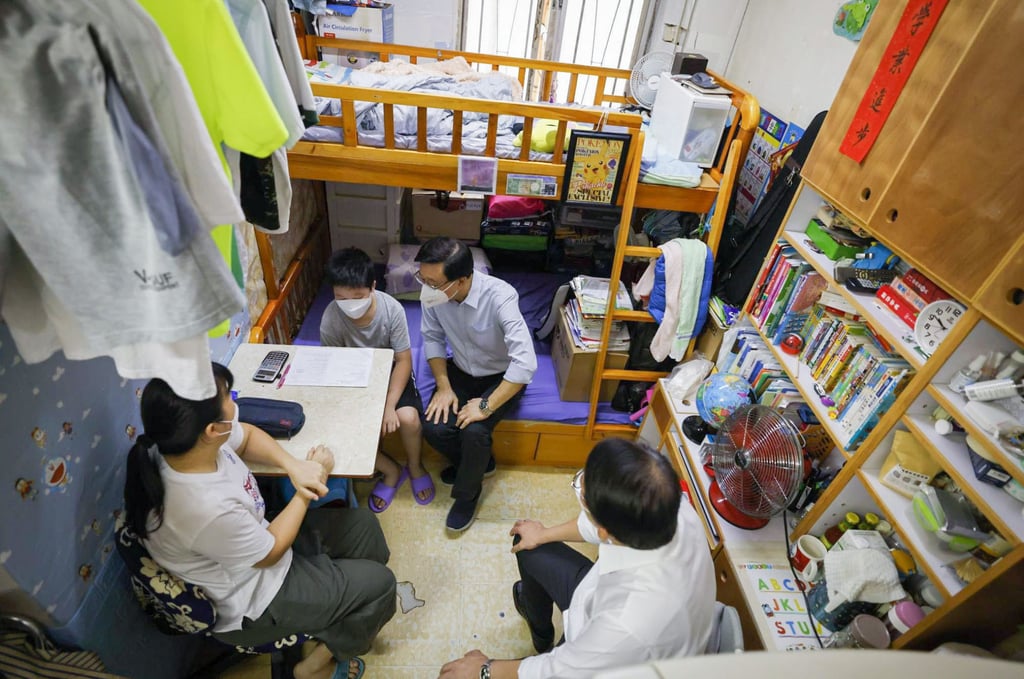Advertisement
Opinion | Rich-poor debate over Hong Kong golf course puts government in a bind
- As the Hong Kong Golf Club steps up lobbying efforts to preserve the Fanling course, officials appear divided over the plan to build public housing on the site
- But a U-turn now would seem to put the government on the side of a privileged few over the thousands in urgent need of affordable homes
Reading Time:3 minutes
Why you can trust SCMP
10

The ongoing debate over plans to develop part of the Fanling golf course into 12,000 homes for around 33,600 people by 2029 raises more than just a land supply issue.
At a marathon meeting on August 8, the Advisory Council on the Environment failed to reach a consensus on whether it would approve the environment impact assessment report on building homes on part of the 172-hectare golf course.
It has since been revealed that council members and other members of the city’s political elite were approached by the Hong Kong Golf Club, which leases the Fanling site. The club is, of course, free to reach out to anyone it wishes and put its powers of persuasion to the test. From what we have seen so far, its efforts are paying off.
Advertisement
But for the government, this spells trouble on many fronts. The club’s lobbying is a striking display of this city’s wealth and power disparity. Will the government side with the elite, whose privilege seems to include having access to space, fresh air, recreational facilities and people with power? Or will official visits to subdivided homes and exercises aimed at understanding intergenerational poverty translate into impactful policies?

The issue also points to the government’s troubles with the complicated processes involved in approving and actualising a plan. These processes are part of an essential system of checks and balances, but can also obstruct progress.
Advertisement
The controversial Fanling housing plan is a legacy of the previous administration. The Task Force on Land Supply recommended taking back 32 hectares of the golf course after conducting an extensive five-month public consultation in 2018. It had found that 61 per cent of the public were in favour of repurposing private recreational sites.
Advertisement
Select Voice
Select Speed
1.00x
